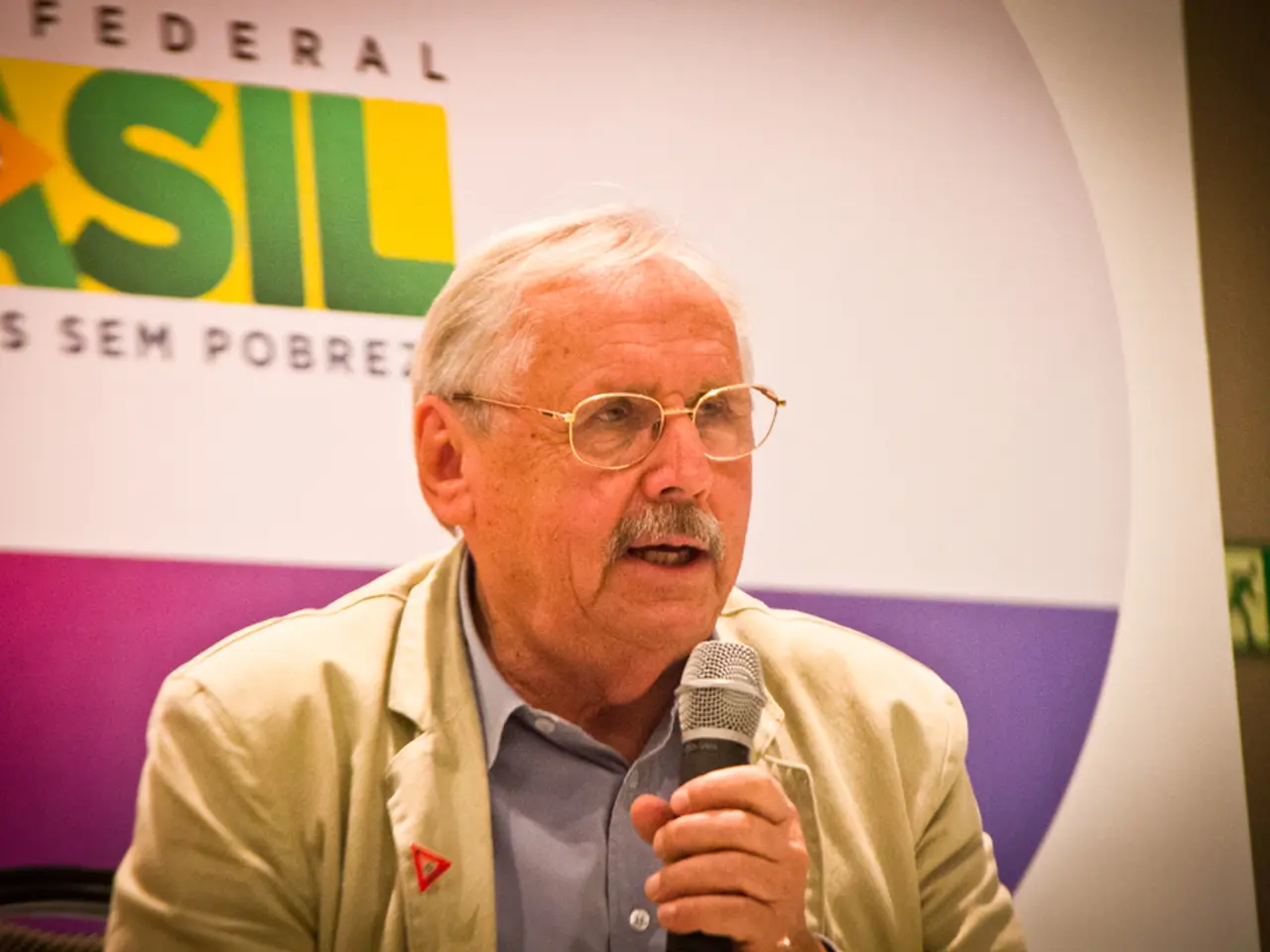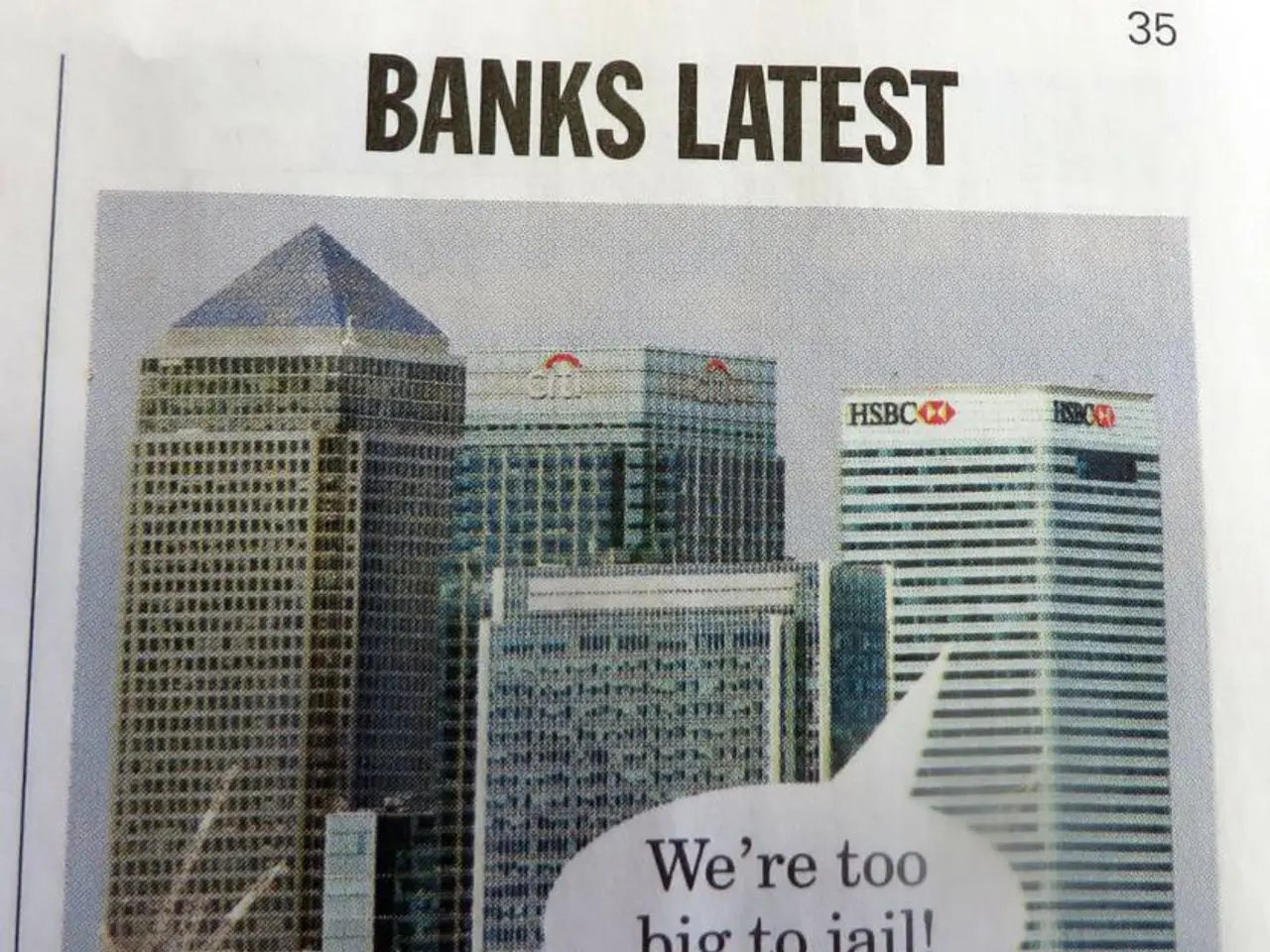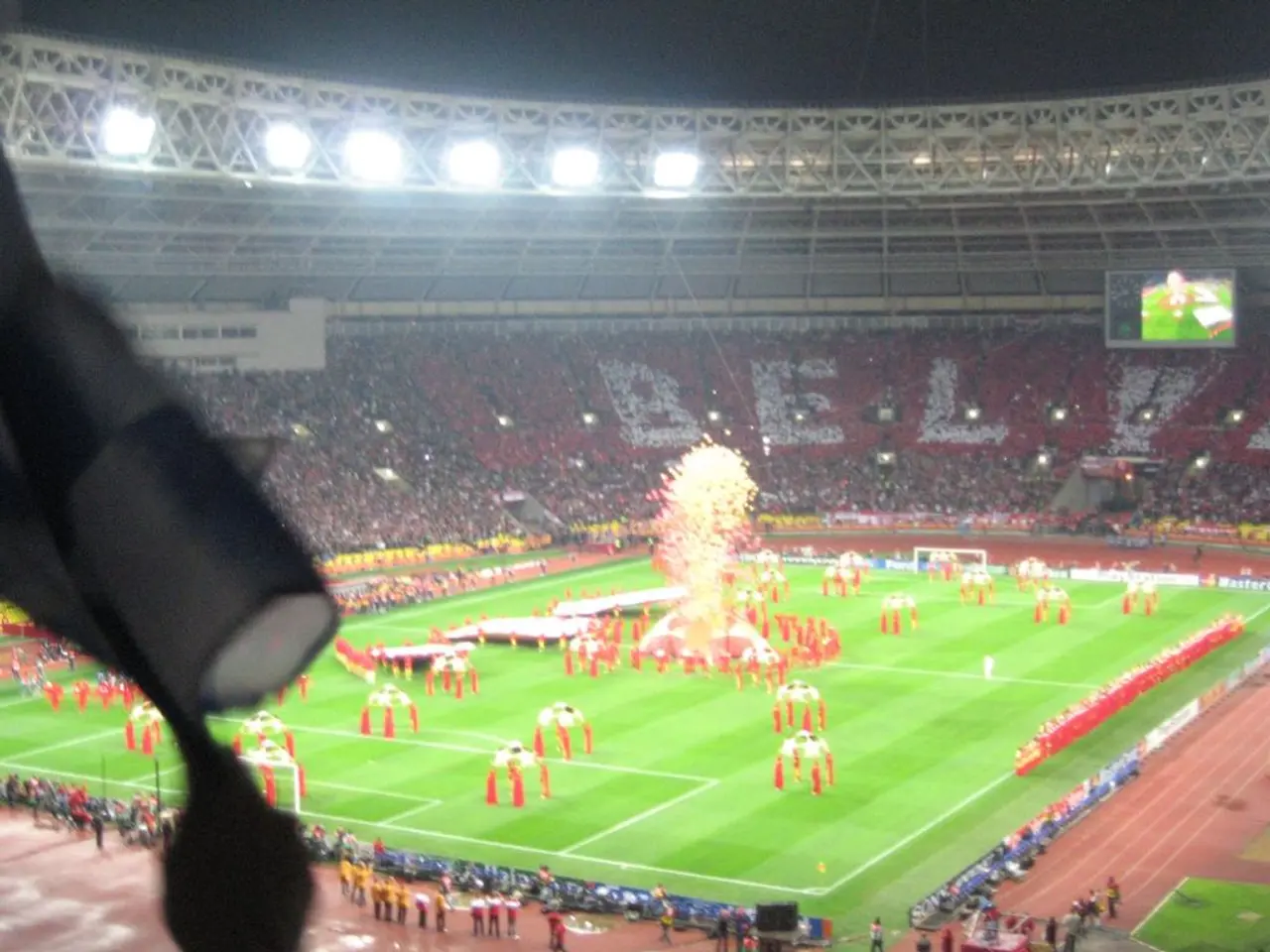EU applauds Ukraine's law, which asserts autonomous status for anti-corruption bodies
In a significant political turn of events, Ukraine has taken steps to restore the independence of its main anti-corruption agencies, the National Anti-Corruption Bureau of Ukraine (NABU) and the Specialized Anti-Corruption Prosecutor’s Office (SAPO). This decision comes after a controversial law was initially passed in July 2025, which placed these agencies under government control, sparking widespread protests across the country.
The recent political crisis was triggered by a law signed by President Volodymyr Zelenskyy in July, stripping these agencies of their independent status. This move was met with public outcry and protests in cities including Kyiv, with demonstrators claiming the law undermined democratic anti-corruption mechanisms and amounted to a political blunder influencing wartime governance.
In response to the public outcry and the severity of the political crisis, Zelenskyy announced on July 23, 2025, that he would submit new legislation aimed at restoring the full independence of NABU and SAPO. The president submitted this bill on July 24, and Ukraine’s parliament was scheduled to consider it on July 31, 2025.
On July 31, 331 out of 340 lawmakers voted in favor of the bill, forming an overwhelming constitutional majority. This new law seeks to fully restore the autonomous powers of these agencies, reflecting continued domestic and international pressure to maintain robust and independent anti-corruption institutions crucial to Ukraine’s governance and anti-graft agenda during wartime.
Ursula von der Leyen, the president of the European Commission, and António Costa, the president of the European Council, both praised the new law signed by Zelensky. The European Union has warned Kyiv to implement strong anti-graft measures if it wants to join the bloc.
Zelensky said that the "right decision" was to reverse the controversial bill, stating that Ukraine is a democracy that listens to public opinion and hears its citizens. He emphasized that Ukraine's resolve to quickly get back on course when European democratic values are at stake demonstrates its commitment to fighting corruption.
Diplomats from the EU countries of the Czech Republic, Estonia, Germany, Latvia, Lithuania, Malta, the Netherlands, Portugal, and Sweden also welcomed Ukraine's move to restore the powers of anti-corruption bodies. Kaja Kallas, the EU’s High Representative for Foreign Affairs and Security Policy, expressed support for Ukraine's decision.
The new law will ensure regular polygraph checks for all law enforcement personnel who have access to state secrets or have relatives in Russia. This move is seen as a step towards ensuring the independence and integrity of Ukraine's anti-corruption bodies, as well as safeguarding investigations from political control.
Two employees of one of the bodies were arrested last week "on suspicion of working for Russian special services." This arrest, along with the recent political developments, underscores the need for robust anti-corruption measures in Ukraine, particularly in light of its ongoing conflict with Russia.
As the situation in Ukraine evolves, it is clear that the restoration of the independence of the anti-corruption agencies is a significant step towards ensuring the rule of law and combating high-level corruption in the country. The Ukrainian government's commitment to fighting corruption and its willingness to listen to public opinion are crucial for the country's progress on the European path.
References: 1. "Ukraine's anti-corruption bodies regain independence after political crisis." Deutsche Welle, 31 July 2025. 2. "Ukraine restores independence to anti-corruption bodies." BBC News, 31 July 2025. 3. "Ukraine's parliament restores independence to anti-corruption bodies." The Guardian, 31 July 2025. 4. "Ukraine's President Zelensky signs law restoring independence to anti-corruption bodies." CNN, 31 July 2025. 5. "Ukraine's anti-corruption bodies: What you need to know." Al Jazeera, 31 July 2025.
- This significant political shift in Ukraine, aimed at restoring the independence of its anti-corruption agencies, has garnered attention not only domestically but also on the world stage, as the European Union has highlighted the importance of robust anti-graft measures for potential membership.
- The European Council's President, António Costa, and the European Commission's President, Ursula von der Leyen, both praised Ukraine's decision to reassert the autonomy of its anti-corruption bodies, which they view as essential for Ukraine's progress on the European path.







